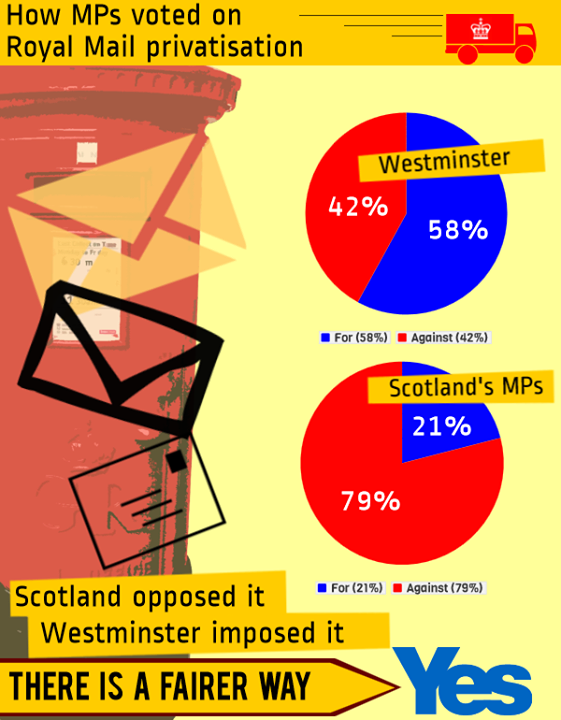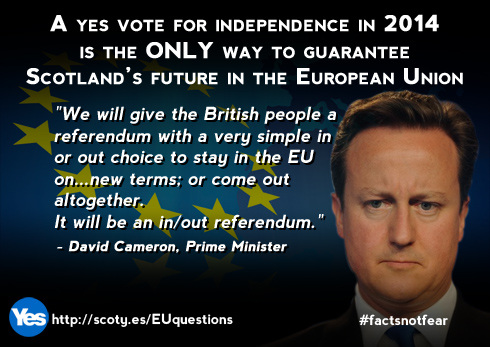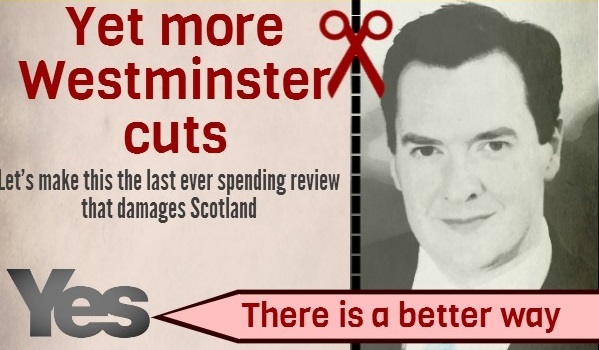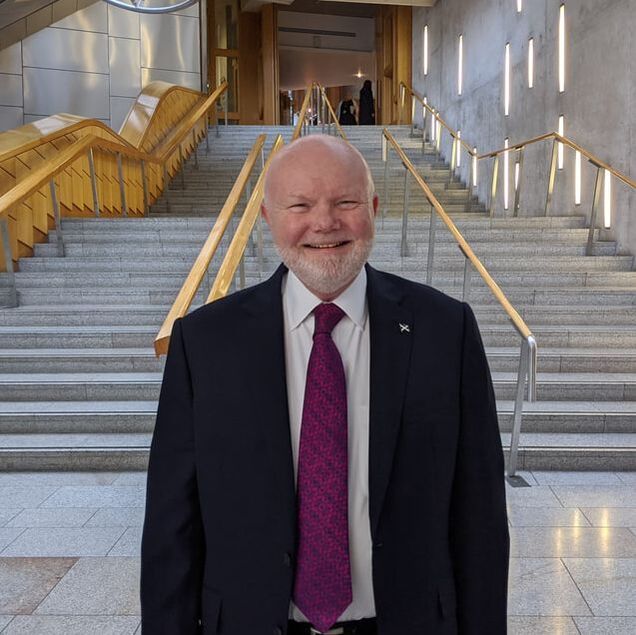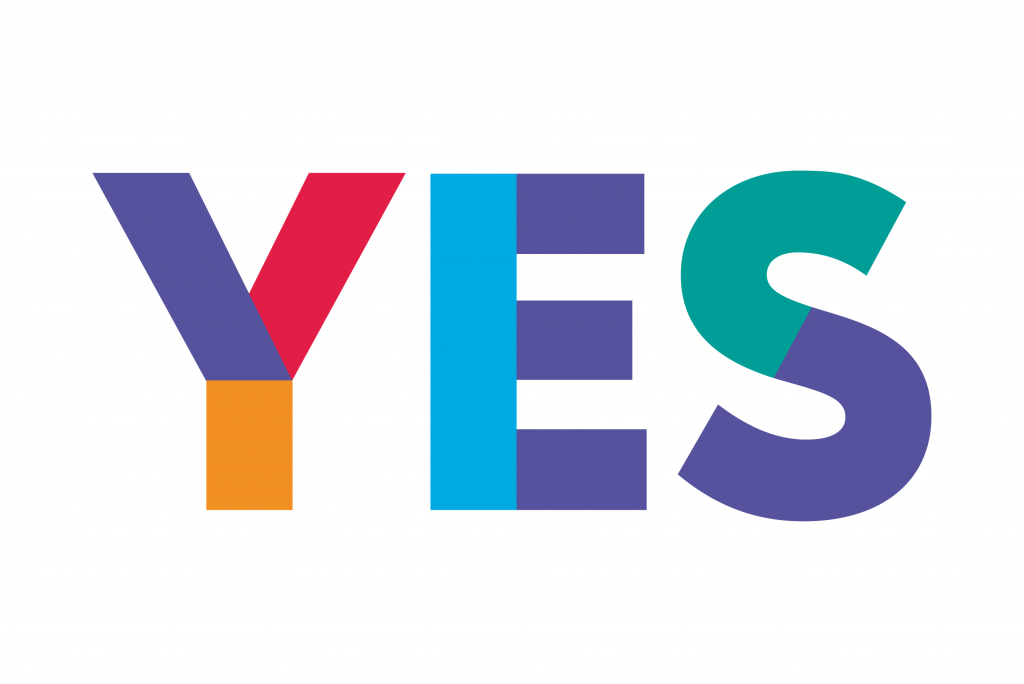|
What about Bus Passes for over 60s and disabled people? As most transport policy areas, including buses, are already under the control of the Scottish Government and Parliament, independence will not have any immediate impact on this issue. If the SNP is re-elected in the first elections in an independent Scotland in May 2016 we will continue this benefit in its present form. Quite simply we believe that the social benefits the scheme provides to the 1.2 million older and disabled Scots who hold concessionary passes are significant. Independence makes it easier to do this, as the Scottish Government would have full control over spending - unlike the present situation which sees annual cuts being imposed by Westminster. Scotland chose universal benefits in 2011; a YES vote will open up the choices that will allow the people of Scotland to create a fairer society. Picture of the Week:
0 Comments
Will we have an NHS?
The SNP are committed to a Scottish NHS that is publically funded and publically delivered. We will not follow the privatisation agenda of Westminster. The SNP government has met its commitment to protect the NHS budget – there will be a real terms increase in the frontline NHS budget in each of the next three years. On top of this, our action to phase out prescription charges shows our commitment an NHS that is free at the point of need. Since 2011, prescriptions in Scotland have been free, benefitting everyone in Scotland, including some 600,000 adults with an annual income of less than £16,000 who were not previously entitled to free prescriptions. The NHS in Scotland is already run independently by the Scottish Government and Scottish Parliament. Becoming independent will not change this arrangement. And despite the best efforts of the No campaign’s Project Fear to scaremonger on the issue, becoming independent will not make it more difficult for people in Scotland to get specialist treatment elsewhere in the UK. Experienced kidney specialist, Dr Izhar Khan, speaking in a personal capacity, has described the claim as "nothing more than scaremongering". Successive UK governments have asset stripped and dismantled NHS England. Reforms recently brought in by the Tory/Lib Dem coalition signal marketisation of healthcare south of the border that could spell the end of NHS England as we know it. So would we be a member of the EU?
We are already members of the EU. Scotland already applies the body of EU law and policy and Scottish citizens have held rights as European citizens for forty years. Following a Yes vote, the common sense position is negotiation from within the EU. Just last week, the Danish foreign minister suggested that and independent Scotland's EU membership would be a mere formality. Scotland makes a vast contribution to the EU – in terms of oil and gas, fisheries, wind and tidal power, and our world-renowned education system. The loss of Scotland as a member would mean budget cuts for key programmes in other Member States. We are natural-resource rich and enjoy vast renewables potential, including; 25% of Europe's tidal power, 10% of Europe's wave power, 25% of Europe's off-shore wind resources and the North Sea contains Western Europe's largest oil and natural gas reserves. How can the anti-independence parties seriously argue that it wouldn't be in the economic, social and political interests of the EU to ensure Scotland’s continued membership? More than half of Scots (53%) want to stay in the EU. With independence—with the ability to fully articulate, assert and protect our vital interests—support for membership of the EU would be stronger still at 61% (IPSOS-Mori poll, fieldwork: 4-9 February 2013). Much more worrying is the prospect that Westminster will wrench us out of the EU with their planned referendum. It is the overtly hostile stance of the UK Government that presents the real risk to EU membership. So will we have an army? The scale of the defence underspend in Scotland is over £7 billion pounds in just ten years. Facts: 1) Dr Liam Fox, then Secretary of State for Defence, when giving evidence to the Scottish Affairs Committee admitted that reductions in defence personnel numbers in Scotland were disproportionate: “I am aware of the fact that between 2000 and 2010 the total UK reduction [of Service and Civilian Personnel] was 11.6%, but the reduction in Scotland was 27.9%. Over the decade 2000 to 2010 there were bigger reductions made in total personnel as a proportion than in other parts of the United Kingdom.” 2) There are currently 15,500 defence jobs in Scotland. MoD figures are available here. 3) There are 520 civilian jobs at HMNB Clyde directly reliant on the Trident programme. 4) The SNP is committed to an annual defence budget of £2.5bn: an annual increase of more than £500m on recent UK levels of defence spending in Scotland, but nearly £1bn less than Scottish taxpayers currently contribute to UK defence spending. By way of comparison, Ireland spends £0.8bn on defence and Finland spends £2.3bn and Denmark spends £2.8bn (Source: SIPRI 2010). SNP policy: • A professional defence force will comprise 15,000 regular and 5,000 reserve personnel, including restored Scottish infantry regiments • The Scottish defence and peacekeeping forces will initially be equipped with Scotland’s share of current assets including ocean going vessels, fast jets for domestic air patrol duties, transport aircraft and helicopters as well as army vehicles, artillery and air defence systems. • Scotland would be a non-nuclear member of NATO. • Scotland would have no nuclear weapons. Picture of the week: |
Parliamentary WorkArchives
May 2024
Links |

